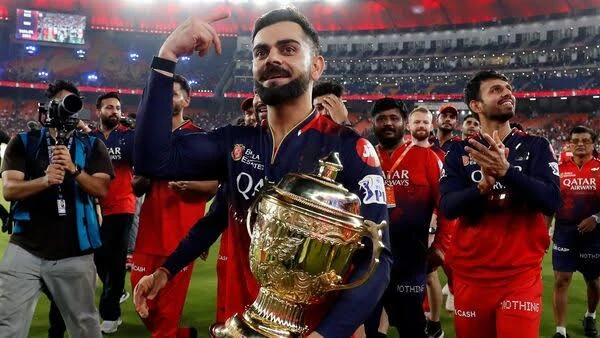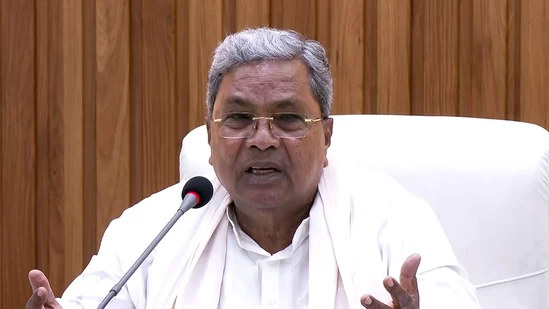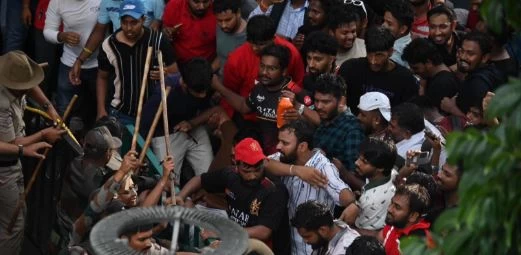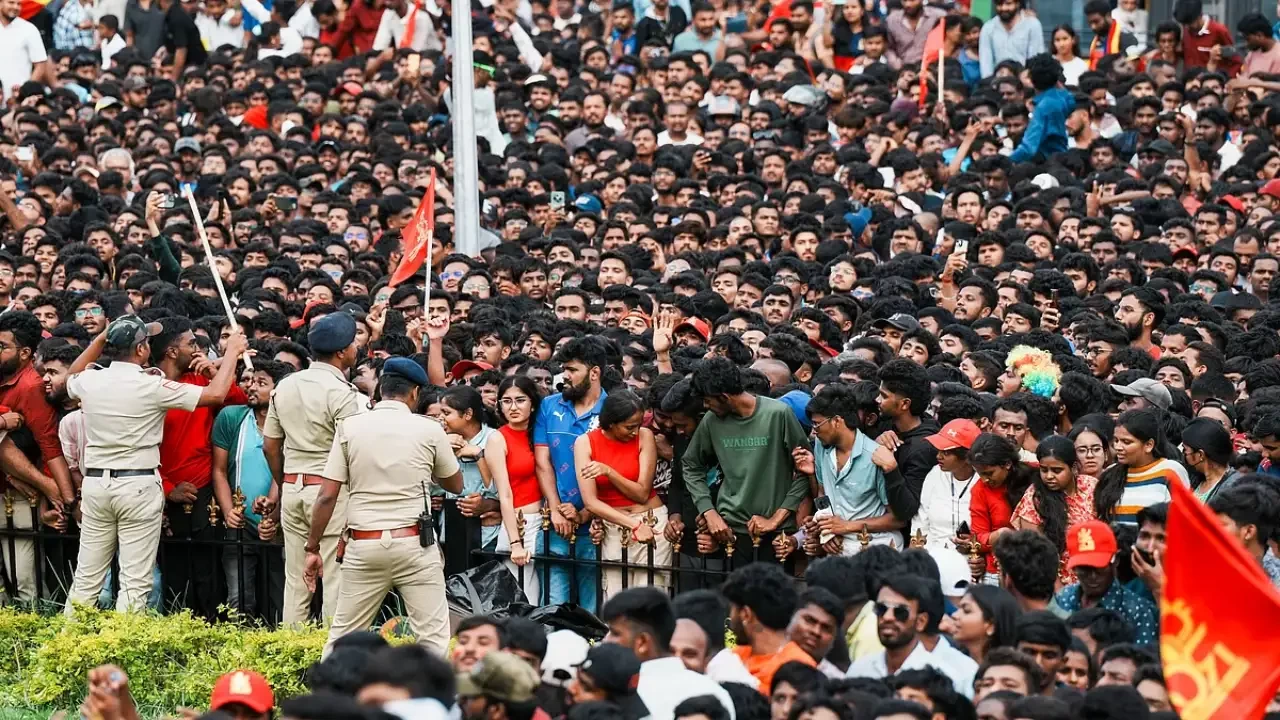Latest Updates
"We witnessesed death along the way..": Deported from U.S., 104 Indians Reflect on Dangers of 'Donkey Route' and Shattered Dreams
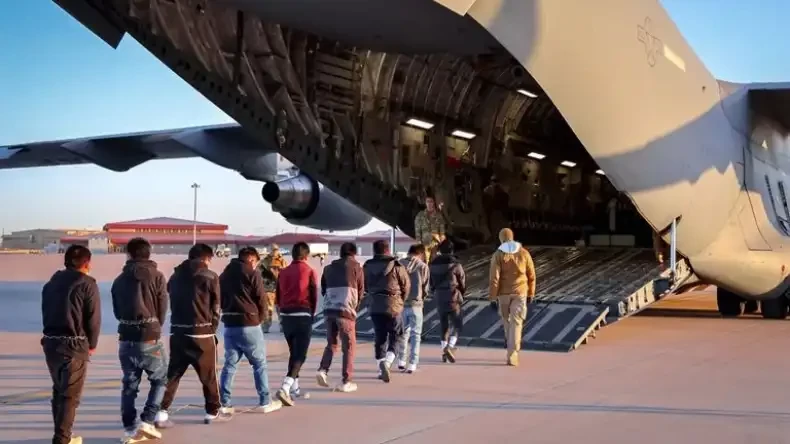
A U.S. military aircraft carrying 104 Indian nationals, including 79 men and 25 women—13 of whom were children—landed at Amritsar airport on Wednesday, marking the first deportation under Donald Trump’s immigration policy. The deportees hailed from Haryana, Gujarat, Punjab, Maharashtra, Uttar Pradesh, and Chandigarh, with many sharing harrowing accounts of their perilous journey to the U.S.
Harwinder Singh, a deportee from Hoshiarpur, recounted his grueling trek through Brazil, Panama, Nicaragua, and Mexico before reaching the U.S. “We trekked through mountains, jungles, faced capsized boats, and witnessed death along the way,” he said. Harwinder revealed that he had spent ₹42 lakh on the dangerous journey.
The deportees commonly referred to their migration path as the “donkey route,” an illicit network of human trafficking channels. One individual described how his belongings, worth ₹35,000, were stolen, while another recalled walking 40-45 kilometers daily across treacherous terrain. “If someone lost their footing, survival was impossible,” he said.
The emotional toll of their failed aspirations and financial devastation was evident among many deportees. Jaspal Singh, another deportee, shared the heartbreak of his ruined dreams. “We go abroad for our families. Now, everything is lost,” said Jaspal’s cousin, summing up the collective sorrow.
Jaspal Singh, 36, from Punjab, detailed how he had been duped by a travel agent who charged him ₹30 lakh under the false promise of a legitimate route to the U.S. “I had no choice but to take the illegal route, and eventually, I was apprehended by U.S. Border Patrol,” he explained. He further described his humiliating deportation experience, stating that he was handcuffed and shackled during the process. “We were only released from shackles once the plane touched down in Amritsar,” Jaspal added.
Upon arrival in Amritsar, the deportees were questioned by Indian authorities, including state police and intelligence agencies, to determine whether any had criminal backgrounds.





